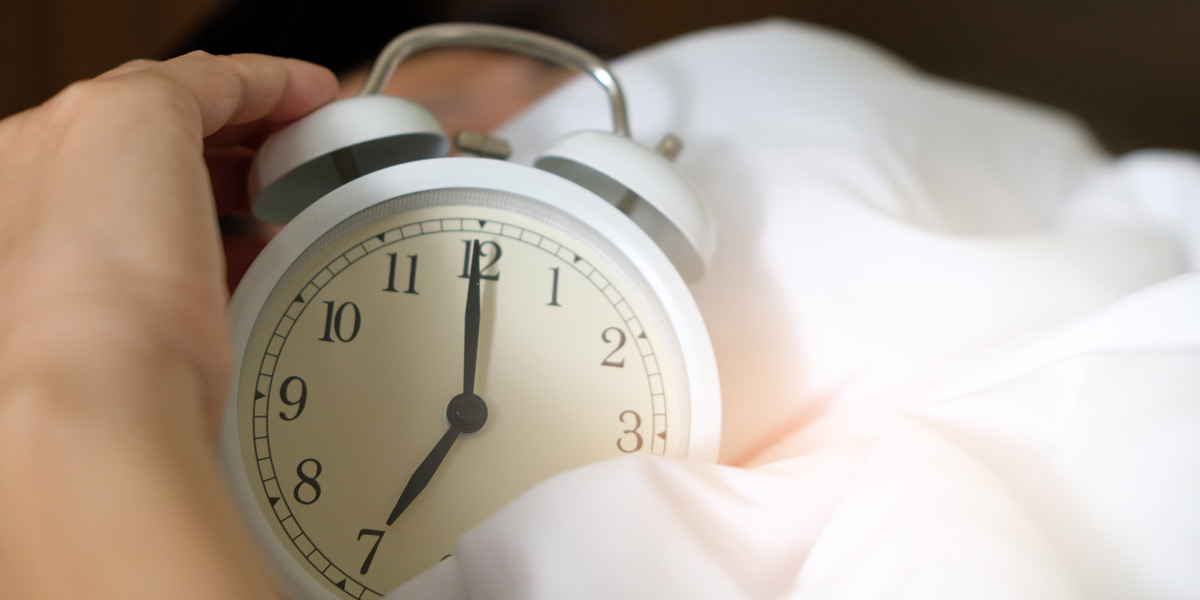Insomnia comes in all sizes and shapes but in essence, it is a common sleep disorder that can make it hard to fall asleep, hard to stay asleep, or cause you to wake up too early and not be able to get back to sleep. Insomnia is considered chronic if it occurs at least 3 nights per week and has been going on for at least 3 months. Insufficient sleep and/or disrupted sleep can lead to fatigue, poor ability to handle stress, mood disorders, cognitive impairment, poor performance during the day and even increase the risk for chronic conditions such as hypertension, hyperlipidemia, type 2 diabetes, heart disease, and dementia. While conventional medicine has a plethora of treatment options including over the counter and prescription medications, most if not all of these have been associated with cognitive decline when used regularly for years. Some of the prescription medications can be addictive as well.
Valerian root is one herb that has a long tradition of use for sleep disorders. The results of studies have been mixed. The current paper is a systematic review and meta-analysis with the hope of bringing some clarity as to efficacy and to offer possible explanations for the inconsistent research.
Three searches were conducted for both controlled and observational studies. Search A included clinical trials found on PubMed between January 1980 and November 2019. Search B was conducted on ScienceDirect between January 2000 and November 2019. Search C identified all clinical trials in the Cochrane Library through December 2019.
A total of 696 articles were identified. Of those, 629 did not meet inclusion criteria which leaves 67, although 7 of those were excluded for unknown reasons. Of the 60, 40 studies evaluated valerian as a single herb and 36 of those were randomized controlled trials, two were observational studies, and two studies evaluated potential induction of CYP (Cytochromes P450 system). Others used valerian/herbal combinations.
Of those 40, 23 tested the efficacy of valerian for sleep problems and 13 studies found valerian to be effective as a sleep aid, although only 4 of the studies included patients with diagnosed insomnia. Of the remaining 10 studies, there was no significant effect of valerian as a sleep aid when compared to a placebo.
The information for analysis also classified herbal preparations into four groups: hydroalcoholic extracts, aqueous extracts, unspecified solvents, and whole root/rhizome.
Here is where it gets interesting. A single dose of valerian hydroalcoholic extract did not improve sleep quality; however, it did improve REM sleep in patients diagnosed with insomnia. Repeated doses demonstrated inconsistent outcomes with four studies reporting efficacy, three reporting no improvement, and one reporting improvement in sleep latency after repeated doses for two weeks but no improvement after a single dose.
Out of 3 studies evaluating the use of an aqueous extract, two studies found improved subjective sleep quality and latency in healthy participants after a single dose. One study found improved deep sleep for elderly participants after one week of a repeated dose. Of the three studies using unspecified solvents, two RCT (randomized clinical trial) reported negative outcomes and one observational study reported a positive outcome.
All five studies evaluating the use of dried root/rhizome showed improved sleep in at least one subgroup (four RCT and one observational study).
The anxiety reducing potential of valerian was also analyzed. It did exhibit antianxiety benefits with high variability in results using the extracts and more positive outcomes using the whole dried root. Other effects of valerian included reduced symptoms of obsessive-compulsive disorder (OCD), improved cognition in patients receiving hemodialysis, and preventative benefits against a decline in cognition after coronary bypass surgery.
A different species of valerian was also evaluated, Taproot valerian (Valeriana edulis). It showed some effectiveness for sleep latencies and sleep quality in kids with intellectual challenges along with primary sleep problems. Another taproot valerian study showed a reduction in the number of awakenings in patients diagnosed with insomnia and showed an increase in REM sleep.
Sleep quality and reduced wake time after sleep onset was seen in patients diagnosed with insomnia after receiving a combination of valepotriates from Indian valerian (V. jatamansi syn. V. wallichii) over 15 days.
Nineteen studies used herbal combinations. The most common combination was valerian and European hops. Valerian and lemon balm had positive outcomes on sleep disorders, anxiety and reduction in hyperactivity and improving in concentration in children who struggle with these symptoms. Two observational studies used valerian and St. John’s wort in patients diagnosed with depression and children with affective disorders. A reduction in anxiety and depression, and improved sleep was seen.
Commentary: There is a robust list of underlying causes of sleep disorders and this paper did not consider that. However, the results do suggest that valerian is most useful in treating those with insomnia associated with anxiety. In reading this, I came away thinking the best results in the most ways are seen with the dried root (sleep quality, sleep latency, decreased wakefulness), although the water extract can shorten the time it takes to fall asleep, REM sleep, easier return to sleep if early wakening and overall sleep quality. Combining valerian root with lemon balm appears optimal for sleep disorders with anxiety, as well as improving concentration and hyperactivity in children with sleep issues.
Reference:
Shinjyo N, Waddell G, Green J. Valerian root in treating sleep problems and associated disorders — A systematic review and meta-analysis. J Evid Based Integr Med. January-December 2020;25:25


